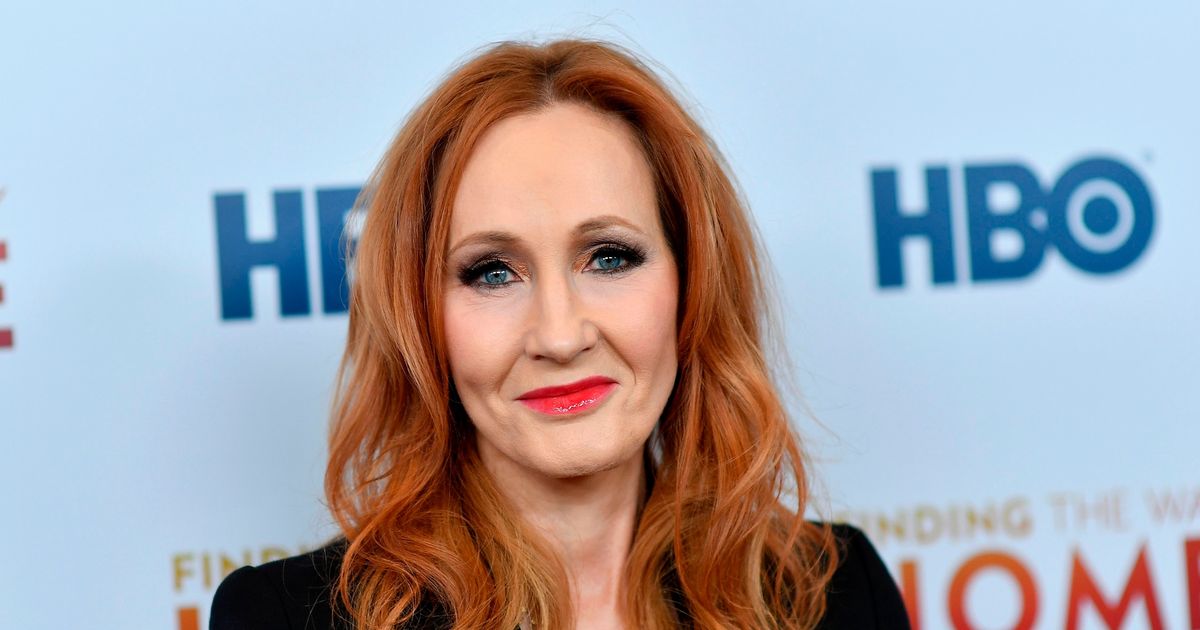"This was not challenged by the presenter despite the fact that it has never been proven that Ms Rowling has said anything transphobic in her career."
State-funded media, people.
:ukkk: :ukkk: :ukkk: :ukkk: :ukkk: :ukkk: :ukkk: :ukkk: :ukkk: :ukkk: :ukkk: :ukkk:


it isn't quick, or at least not initially to find, but you can find many english language versions of various country's media, or sometimes use translation software to get a similar result.
like in the example of turkiye, you can look for a list of turkish media groups, papers, broadcasters and then see if they have a site in english language. Sabah does for example, so you can at least get an idea of what the interest groups behind that publication want you to know/think, as opposed to what the BBC wants you to know/think about Turkiye. Or in Iran, there's Tasnim news for example, and elsewhere Asia Times or Global Times and so on.
since most basic factual reporting comes from a given country's news agency (like reuters/AP for the anglos, TASS for Russia, Xinhua for China, IRNA for Iran and so on) and is then distributed into both public and private media groups, and then into individual publications, you can usually go to the source for a particular country for basic information like geography and numbers (as far as such things can be reliable). And then for capitalist/oligarchic countries, you can check various publications to see what a particular interest group in that country (or an international interest group like the Murdoch empire) is saying, or you can check publications aimed at different demographics in a given country.
obviously it takes some research initially to find, and ideally it's good to know who/what interests a particular media group is beholden to (their funders/owners), but you can bookmark sites once its all done. But yes state funded media is better/easier because it's much simpler to understand what interest is behind the publication without having to trace complicated corporate structures.